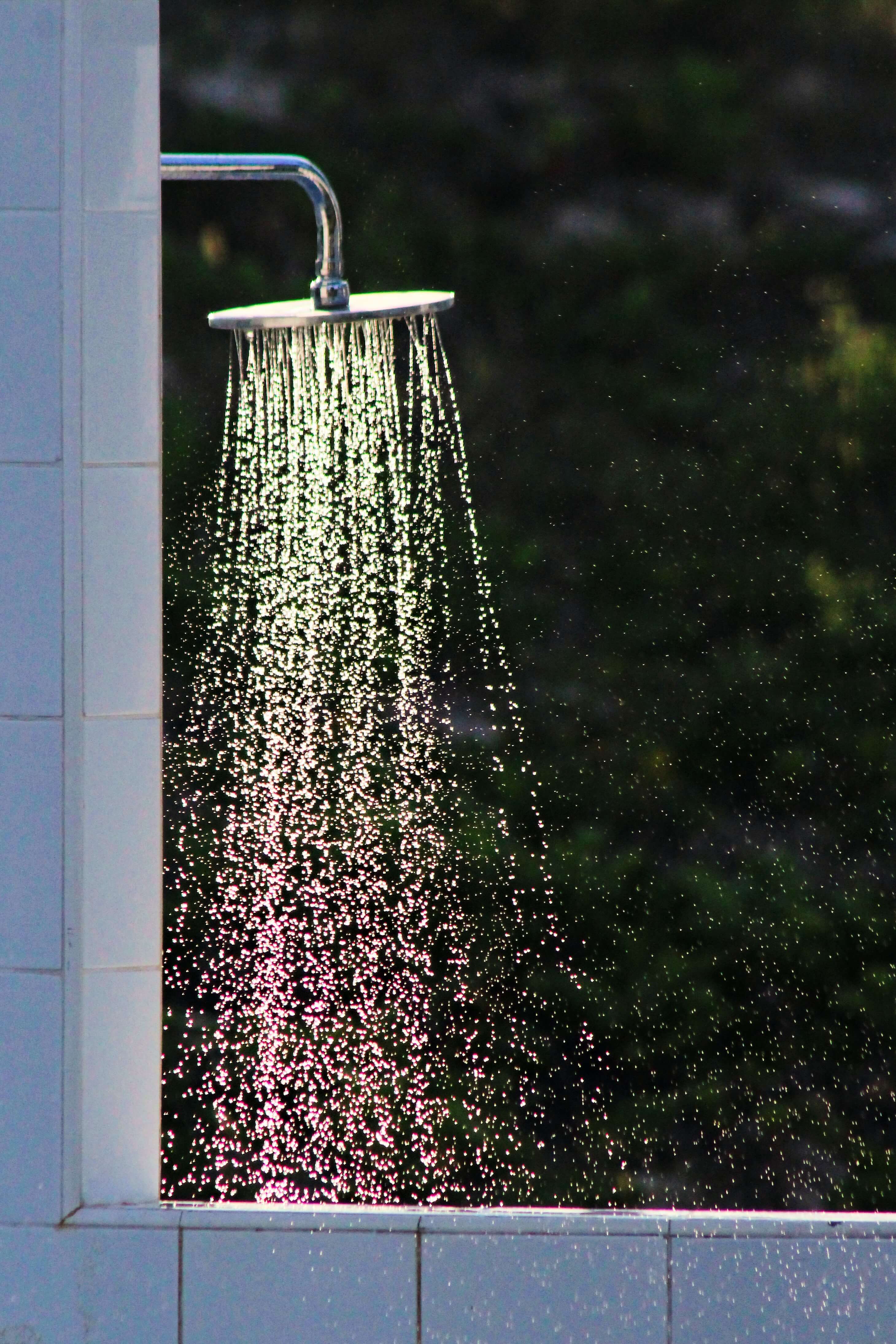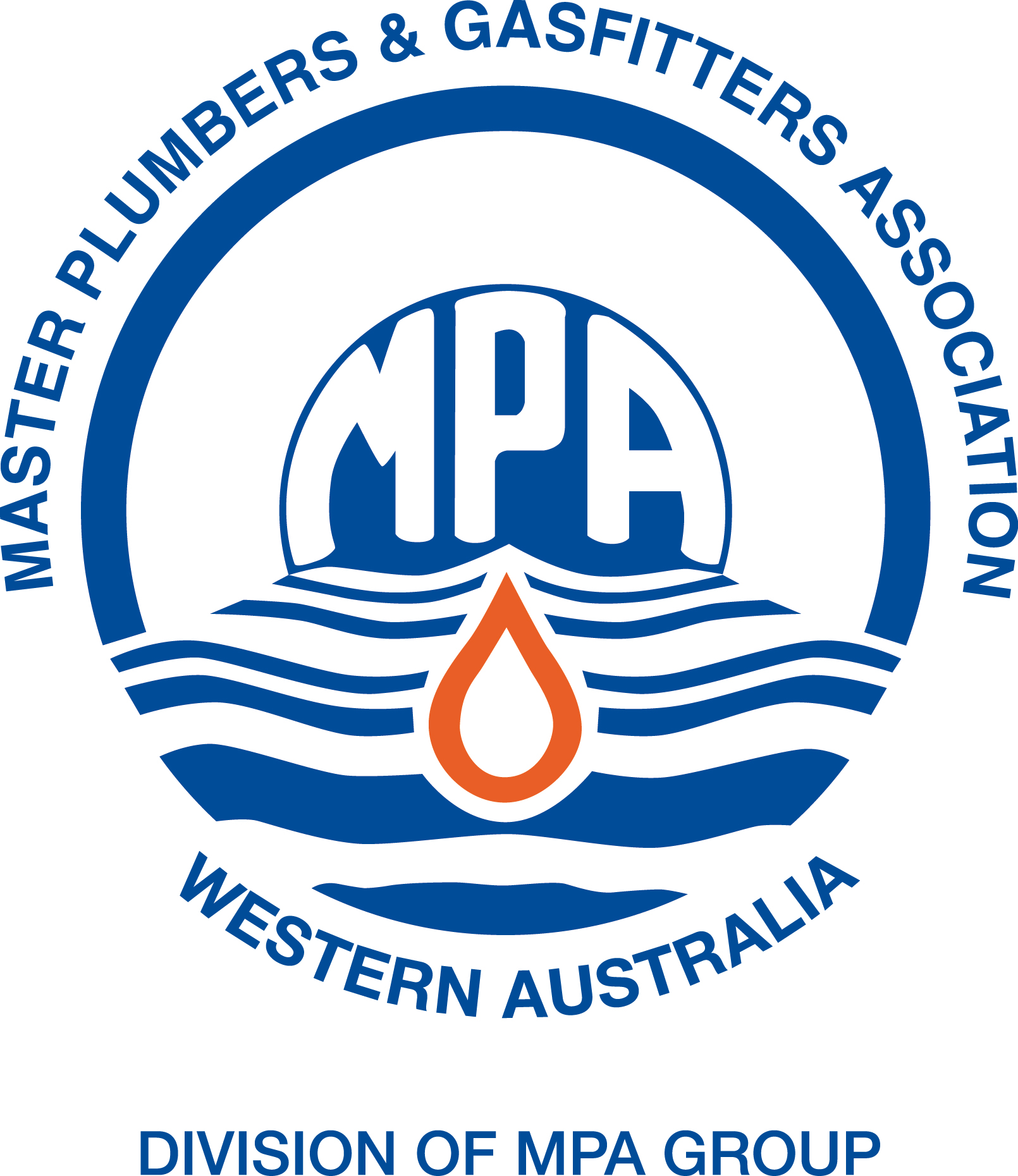Gas water heaters account for approximately 48% of water heaters in Australia. There are three main types of gas water heaters: gas storage hot water systems, continuous flow or instantaneous hot water systems, and solar water heaters with instantaneous gas boosting. These systems use either natural gas (NG) or liquefied petroleum gas (LPG).
In this article, we’ll focus on gas storage hot water systems. If you’re considering purchasing a new gas storage hot water system, read on to learn how they work, factors to consider before buying, and the pros and cons.
How Gas Storage Hot Water Systems Work
Gas storage hot water systems heat water using a gas burner located beneath the storage tank. These systems typically have a continuously burning pilot light that ignites the main burner when needed. Heat is transferred from the gas burner through the bottom of the cylinder, and as the water warms, it rises to the top and is drawn into your hot water piping when you turn on the tap.
Selecting the Right Gas Storage Hot Water System
There are various models of gas storage hot water systems available. Choosing the right one for your household depends on several factors:
- Type of gas: Determine whether natural gas (NG) or liquefied petroleum gas (LPG) is available to you. In Western Australia, NG is common in most Perth suburbs, while LPG is often found in the Perth Hills and surrounding semi-rural and rural areas where the gas network hasn’t reached.
- Tank size: Consider the amount of water you need to store and heat, the available space, and the number of people using the hot water system. Common gas storage hot water system sizes are 90L, 135L, and 170L, with 170L recommended for family homes.
- Energy efficiency: Gas storage hot water systems must meet Minimum Energy Performance (MEPS) requirements set by the Greenhouse and Energy Minimum Standards (GEMS).. Higher efficiency units offer better heat transfer and insulation, consuming less gas to heat water. Check each unit’s energy rating label for its efficiency.
Pros and Cons of Gas Storage Hot Water Systems
Even if using a gas storage hot water system is generally not a problem for your home, there will still be some benefits and disadvantages that come with it. Knowing these will help you compare units and decide on what to buy.
Benefits:
- Energy efficiency: Gas storage hot water systems are more energy-efficient than other systems, particularly if you opt for 4- or 5-star models.
- Environmentally friendly: These systems produce lower greenhouse gas emissions.
- Fast heating and reheating: Gas storage hot water systems can heat a 170L tank in about an hour, with a faster recovery rate than electric systems, ensuring a continuous hot water supply for larger households.
- Functionality during power outages: Since these systems run on gas rather than electricity, they will continue to operate during blackouts.
Disadvantages:
-
- Operating costs: LPG can increase operating costs, as LPG bottles tend to be more expensive than natural gas.
- Required ventilation: Indoor installations of gas storage hot water systems require proper ventilation. A licensed plumber and gas fitter can help determine the optimal location for indoor installations that comply with regulations.
- High upfront costs: While energy bills may be lower with a gas storage hot water system, these systems typically have higher upfront costs, as well as higher maintenance and installation expenses.
Choose Link Plumbing and Gas Service for Your Hot Water System Replacement
Link Plumbing and Gas Service specializes in servicing and repairing all types of hot water systems, including brands like Rheem, Thermann, Vulcan, Aquamax, and Everhot. Our licensed plumbers and gas fitters ensure our services comply with WA standards and regulations. Our team will gladly help you make informed decisions on the right water heater model foryour home. Call us now on 6252 0326 or email us at admin@linkplumbing.net.au to discuss your hot water needs.
Our experienced professionals will assess your household’s hot water demands and recommend the most suitable gas storage hot water system. We provide comprehensive installation services to ensure your new system operates efficiently and safely. Plus, we offer ongoing maintenance and support to keep your hot water system in top condition for years to come.
At Link Plumbing and Gas Service, customer satisfaction is our top priority. We pride ourselves on delivering exceptional service, quality products, and competitive pricing. As an accredited agent for Rheem Australia, you can trust us to supply and install high-quality gas storage hot water systems that meet your specific requirements.
Don’t hesitate to reach out to our friendly team for expert advice and support in selecting the ideal gas storage hot water system for your home. Let us help you enjoy energy-efficient, reliable, and cost-effective hot water solutions tailored to your needs.
.


